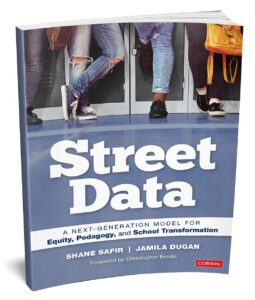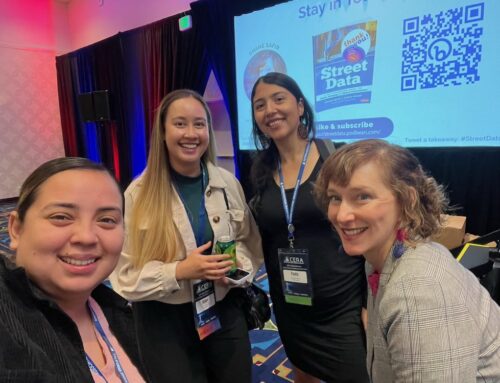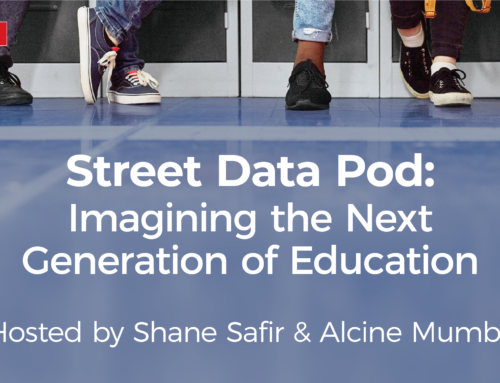I just got back from chilly Minneapolis, where I delivered a keynote to over 200 superintendents on “Listening and Leading for Equity.” I escaped the Midwest just before a storm moved in that would have trapped me! In the keynote, I spoke about three levers that I believe make a big difference in schools:
- deep listening,
- deep purpose, and
- deep discourse.
My Lyft driver from the Minneapolis airport to the hotel was a lovely young man I’ll call C. whose story touched me. C. was born in Thailand before immigrating to Minnesota as a toddler. He made his way through public schools where he was bullied relentlessly throughout elementary and middle school. He said this experience “made it hard to study.” By high school, he was depressed and even suicidal at points.
Listening to his story, my heart broke open. I asked C., “What did you need to get through that period?” Here’s what he said:
“I wanted to be validated by an adult. I wanted to feel loved by an adult. I wanted to feel appreciated by an adult. There was one teacher who really valued me and loved me when I was in high school. The reason I didn’t commit suicide was knowing that I was loved by teachers and friends.”
I was struck by the unequivocal importance of being seen and affirmed. More than any lesson plan or curriculum, a struggling child wants to be loved. In The Listening Leader, I write about the stance of affirmation as essential to building relational capital in schools. But to what extent does our education system subscribe to this value? Are teachers taught to validate, love, and appreciate every child when we get our credentials? Are principals taught the same with respect to their staff? What would be the impact of centering this humanizing stance in our educator curricula?
C. also spoke eloquently about the American Dream and his struggle to hatch his own dreams, outside of what his parents wanted him to be.
“What is the American Dream if you don’t let your kids dream? What does the kid want to do when they grow up? How do you support and encourage that? And really, what is the American dream? To make money and pay off your loans? Does that make you happy? What is true joy?”
I was moved by C.’s expansive questions about joy, happiness, and the American Dream. How do we build schools that allow every child to imagine their future? How do we nurture their passions, interests, and talents? C. loves to draw, write poetry, and take photographs. He has grown into his passion for these endeavors on his own, after muscling his way through a painful schooling experience. What if children didn’t have to wait until adulthood to self-actualize?
As I listened to C., I kept thinking about my own challenges as a parent. C. reminded me that “the thing you struggle with the most is the thing that becomes strongest.” His persistent experiences of bullying honed in him a profound sense of empathy for others. Recently, he has discovered that he’s actually an extrovert and loves driving Lyft! At the end of the ride, C. told me that what kids really want is adults who say, “I see you as who you are.”
How do you relate to the questions C. raised about love, affirmation, and the American Dream? How do you nurture your students’ or children’s passions?
Note: I asked C.’s permission to tell his story, using his initial only, and he obliged. I also encouraged him to start his own blog!

 Enter your email here and get a free copy of the first chapter of Street Data!
Enter your email here and get a free copy of the first chapter of Street Data!





Leave A Comment
You must be logged in to post a comment.